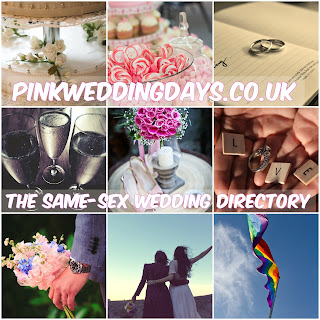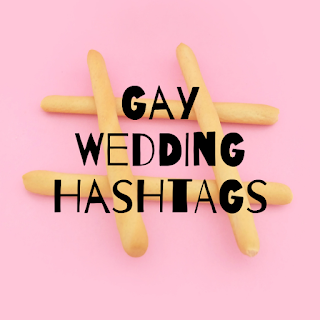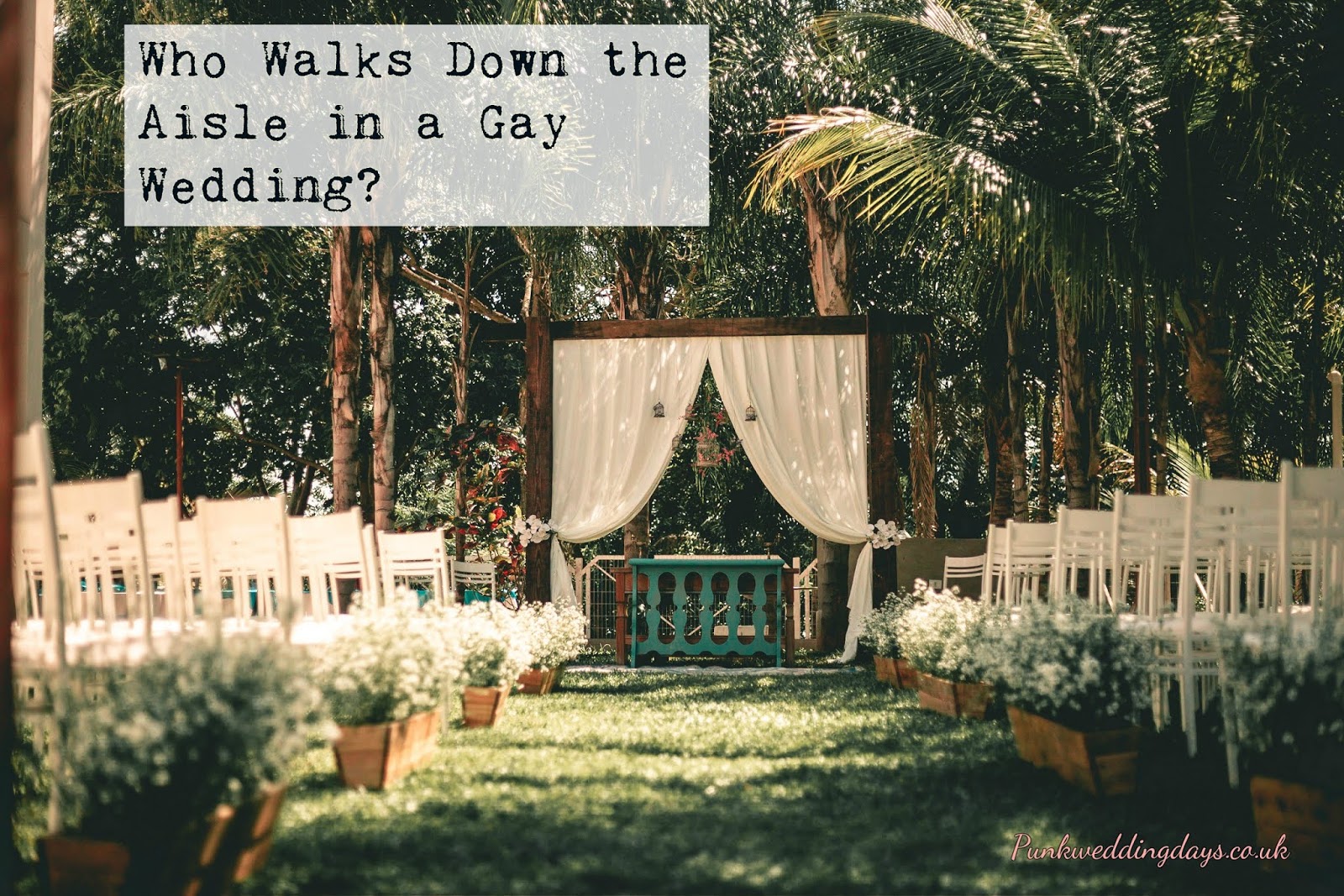Gay Wedding Readings: How to Pick the Best One
Choosing a reading for a gay wedding can be tough. Whether you want a short poem for your lesbian ceremony or a quirky non-secular take on your same-sex relationship, it’s a big deal.
Maybe you want something humorous, too? Something profound? Something that won't put your guests to sleep.
Maybe you want something humorous, too? Something profound? Something that won't put your guests to sleep.
The English language is awash with poems about love and marriage, pithy observations about life as a couple, advice on relationships (conventional or otherwise), and romantic tracts on what it means to love someone unconditionally.
Straight couples have it easier here. Most traditional wedding readings are well, traditional: him and her, he and she. But if you’re finding that your favourite wedding readings are more skewed towards a heterosexual audience, then you can always mix up the pronouns: him and her to him and him, he and she to she and she.
What is a wedding reading?
A reading is a written piece that’s spoken aloud during the ceremony. Often it’s a poem or a psalm, a few paragraphs from a favourite story or song lyrics. It’s usually up to a friend or family member to deliver the reading.
In a religious ceremony, it’s often a psalm or passage from the Bible read by the minister. Whatever you choose it should be something with personal significance. Don’t be tempted to add a reading to your running-order just for the sake of it.
If you’re a writer, perhaps you might like to pen something yourself. Inspiration is everywhere: use the lyrics of a song, a monologue from a film or television programme, a paragraph from a much-loved children’s story. The chorus of your favourite musical.
It’s a big deal asking someone to stand up and deliver a piece to an audience. Make sure whoever you've asked can do it justice. Someone with a clear, steady voice is best or perhaps someone with experience in the dramatic arts or public speaking. Don’t pressure someone into reading if they’d rather not do it. There’s no need to cause undue anxiety. They’ll be plenty of others willing to stand up and speak for you. Insist that the person has the piece written down, too, or at the very least has it noted on cue cards in case of nerve-induced amnesia.
How to Choose a Reading
1) Pick something that reflects your personalities. Don’t include a reading just for the sake of it. There’s nothing wrong with choosing one that’s new to you, that you’ve found whilst researching, but make sure what you pick resonates with you and your partner on a personal level. Otherwise, you’re just filling your ceremony with dead air.
2) Keep it short. Readings will add to your running time, and guests won’t thank you for keeping them in their seats for ten pages of Nicholas Sparks. Somewhere around five-minutes for ALL the readings is fine.
3) If you want any readings written into the order of service, then you may need to pay a copyright fee. Speak to your registrar or wedding planner if you’re unsure.
4) Don’t pick anything that’s hard to read or difficult to listen to. Keep the readings simple and genuine. Now’s not the time to shoehorn your post-graduate reading list into proceedings. Be inclusive, too, think about who you're inviting to the ceremony; your wedding will mean more to everyone if each guest feels part of the day: don't put in any in-jokes, or obscure references or overtly complicated chunks of text (nobody likes a smart arse, even when the smart arse is getting married).
5) If you’re really stuck – or really laid back – then ask the person reading to choose something for you. This will make a lovely surprise on the day for you and your partner and the person may very well represent you better than you could yourself. Of course, if you do let someone else do the choosing then make it someone you can trust.
6) If you’re having a civil wedding ceremony, then you’ll probably not be able to include any religious elements. Check with the venue or wedding coordinator to see what’s allowed and what’s not.
Be sure to follow our blog by clicking the subscribe button. Next week, we'll be suggesting some of our favourite ceremony readings. In the meantime, why don't you let us know what's yours?
What readings did you pick for your wedding? Something unconventional or traditional? And how did you choose what to include? Drop us a message on our Facebook and Twitter feeds and let us know.
Looking for an LGBT-friendly wedding venue or service provider? GREAT. We can help. Visit Pinkweddingdays.co.uk and get started on planning your perfect day.











